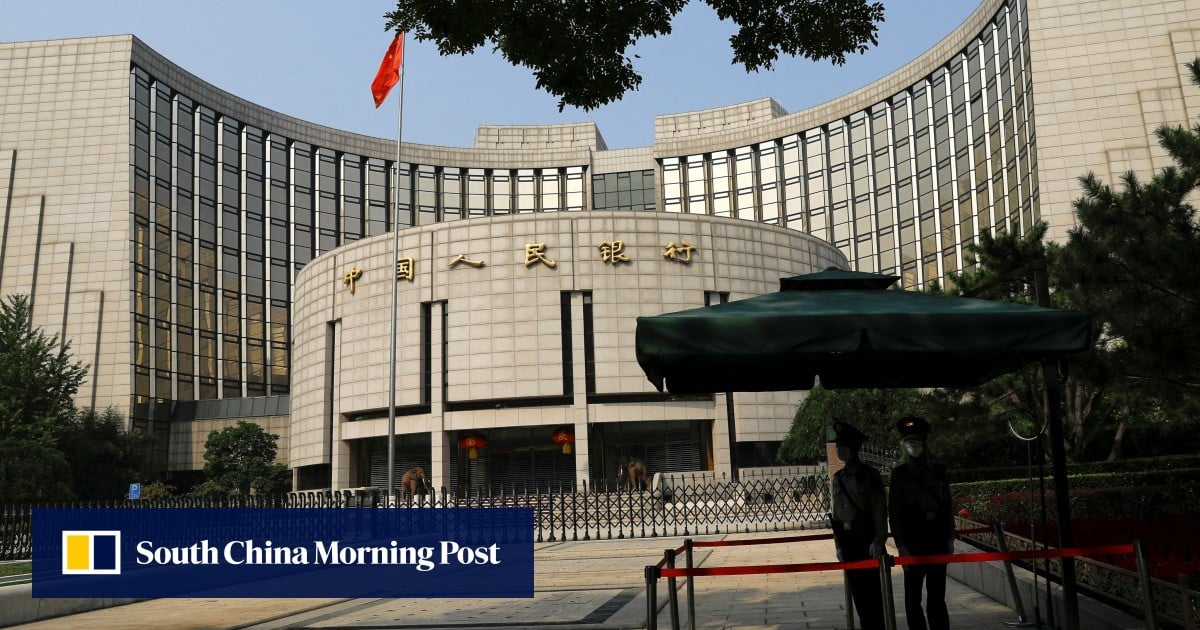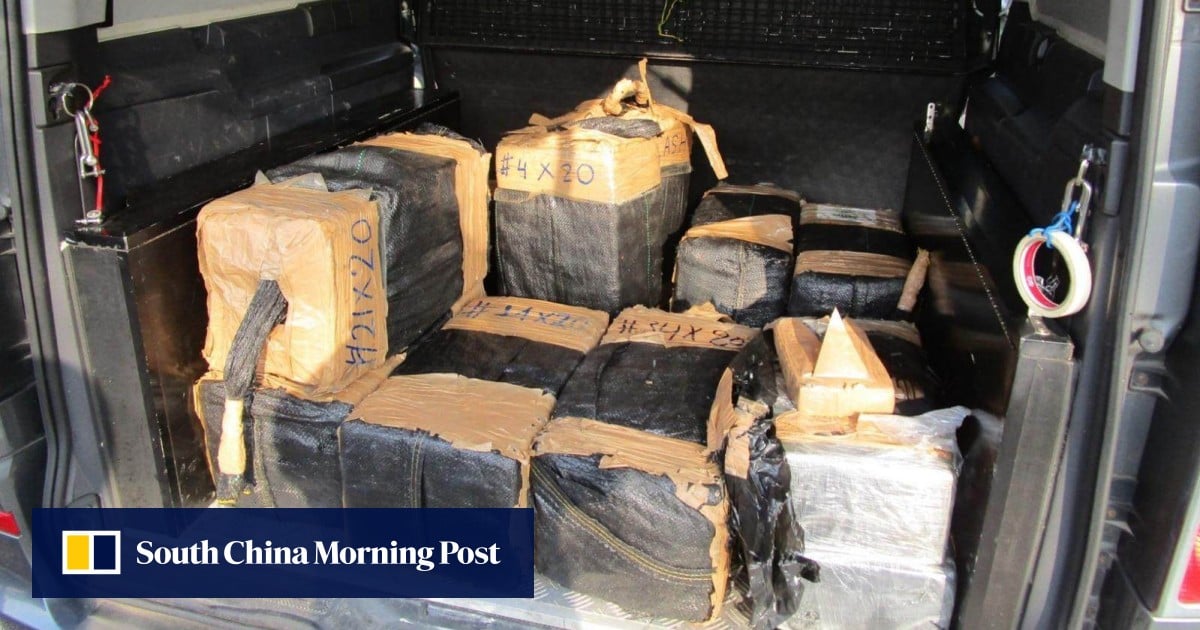The People’s Bank of China (PBOC) said it would tender central bank bills totalling 60 billion yuan (US$8.2 billion) in Hong Kong on Friday, marking the second time this year it has used the policy tool to stabilise the yuan amid tariff tensions with the US.
The PBOC said it would tender 40 billion yuan in three-month bills and 20 billion yuan in one-year notes through the Central Moneymarkets Unit (CMU) of the Hong Kong Monetary Authority (HKMA) on a fixed-rate, interest-bearing basis.
The issuances aimed to “enrich Hong Kong’s high-credit-rating yuan financial products and improve Hong Kong’s yuan yield curve”, the PBOC said as it unveiled the move on Wednesday.
PBOC Governor Pan Gongsheng said last month that he would work with the HKMA, the city’s de facto central bank, to encourage “more high-quality enterprises to list and issue bonds in Hong Kong”, as well as issue yuan-denominated government bonds and central bank bills regularly.
“The issuance of yuan-denominated bills by PBOC, cleared through Hong Kong’s CMU, enables international investors to access [mainland China’s] government credit under market infrastructure governed by common law,” said Terry Yang, a partner at law firm Clifford Chance. The Chinese government was using the city’s unique features to enable continued international usage of the yuan, including the ability to use onshore Chinese bonds for collateral and repo-financing purposes, he added.


